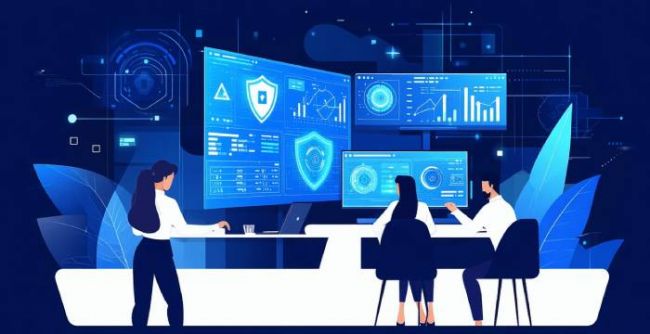Software
5 min read
Future-Ready Forensics: Mastering Emerging Data and Advanced Software Through Specialized Training


No longer confined to traditional computers, digital evidence now permeates every aspect of our lives – from smart home devices and connected cars to vast cloud infrastructures. This presents a dynamic challenge for investigators: not only must they adapt to an ever-widening array of "emerging data sources," but they must also possess the specialized skills to leverage advanced digital forensic software to effectively extract and analyze this complex information. The key to staying ahead in this evolving field lies in targeted, hands-on digital forensics training.

Traditional digital forensics focused primarily on desktops and mobile phones. Today, investigations frequently involve data from a much broader, more diverse spectrum of sources, each presenting unique complexities:
These sources demand versatile forensic software capable of handling diverse formats and investigators trained to properly extract and analyze data. According to Statista, the global forensic technology market continues to grow steadily, reflecting the rising demand for expertise in handling this complexity.
To effectively address the influx of data from these emerging sources, modern digital forensic software must be robust and adaptable. It's not enough for tools to perform basic data recovery; they need to handle complex acquisitions and sophisticated analysis across various platforms.
Key capabilities that sophisticated forensic software brings to the table include:
The role of AI in digital forensics mirrors how professionals in other industries now rely on automation — much like legal or corporate teams leverage AI tools for PowerPoint generation to streamline presentation workflows, forensic investigators increasingly depend on AI to enhance case efficiency.
While powerful tools are essential, their full potential is unlocked through targeted, in-depth digital forensics training. Generic training provides foundational knowledge, but, for example, the intricacies of advanced Belkasoft digital forensic software and the complexities of new data sources demand specialized instruction.
This focused digital forensics training helps investigators:
This kind of specialized education ensures that professionals are not merely users of advanced tools, but expert operators, capable of extracting maximum value from every piece of digital evidence. Many providers, like Belkasoft, offer specific courses and certifications, such as their "BelkaX-101 Certification Course," which provide hands-on experience and verifiable proof of expertise in using their powerful platforms. This structured learning pathway is critical for developing and validating specialized skills.
For organizations and individual investigators, investing in digital forensics training focused on advanced platforms like Belkasoft digital forensic software is a strategic imperative. It's about more than just tool proficiency; it's about building a future-ready team capable of tackling the next wave of digital challenges. By continuously upskilling and leveraging the full power of their software, investigators can increase efficiency, enhance accuracy, strengthen case building, and adapt to the ever-evolving landscape of digital evidence.
Be the first to post comment!